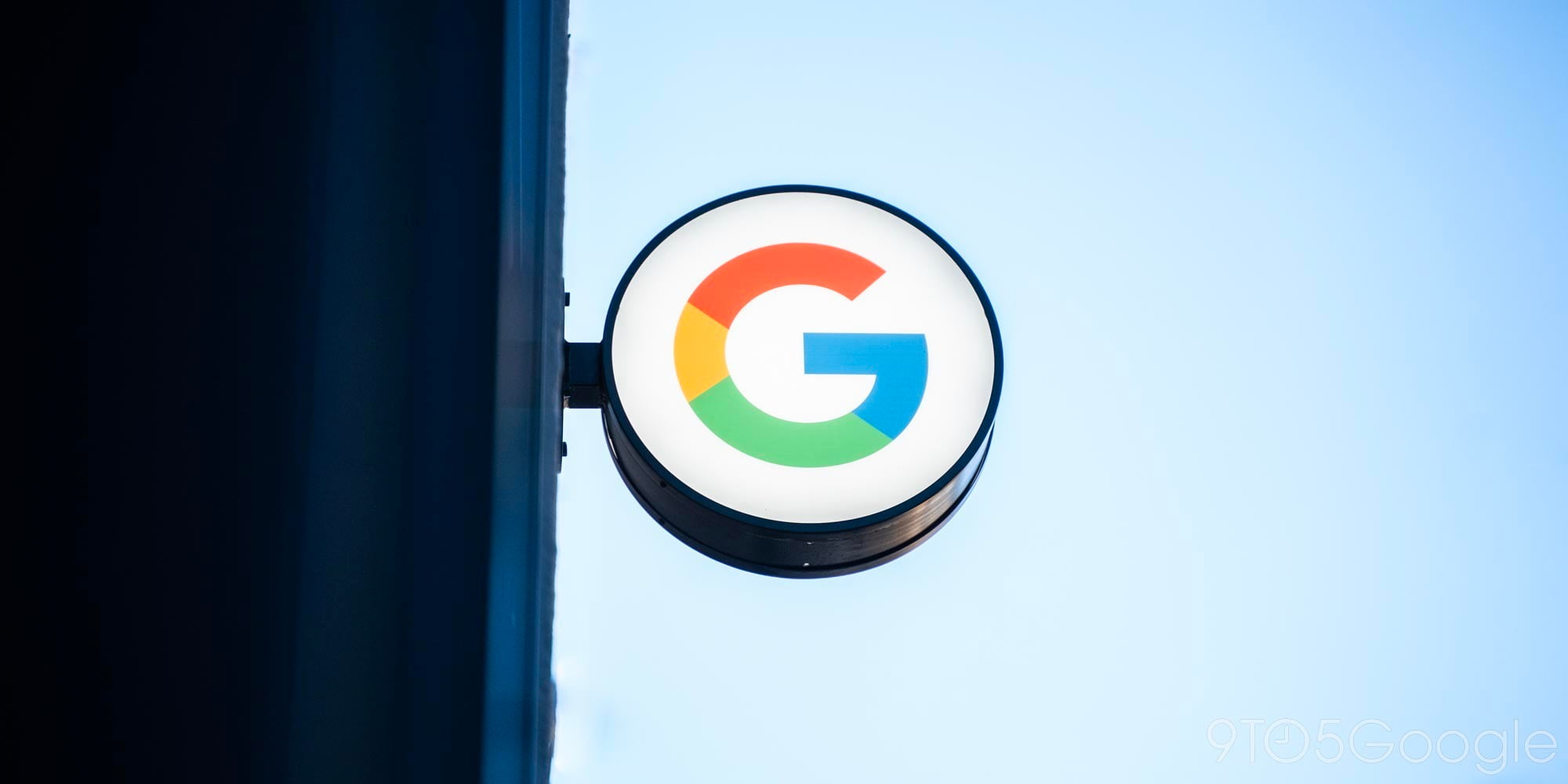

There’s always been much debate over whether or not the intense fragmentation of the Android ecosystem is a good thing, but I think the latest Android fragmentation report from OpenSignal puts it best: “Fragmentation is both a strength and weakness of the Android ecosystem, a headache for developers that also provides the basis for Android’s global reach.” This report gives us a great look at where Android stands as a platform, does a bit of comparing it to iOS, and visualizes (not so?) neatly how fragmented Google’s mobile operating system truly is.
The report leads off with some big numbers for us to look at, and a huge map of Android devices, their manufacturers, and roughly how much of the ecosystem they make up (at least based on how many of each have downloaded OpenSignal’s app). The company has seen 18,796 devices, a number that has made a stark 60% jump from last year’s number of 11,868. The year before that was just 3,997 devices.
The company also gives us a good luck at brand fragmentation, pointing out that Samsung has just a bit more than 40% of the Android market. The actual figure of 43% this year is actually a bit lower than last year’s 47.5%, even more evidence of further fragmentation. Sony is ranked far, far behind in second with a 4.8% share, which makes it even more painfully clear how much Samsung really has a foothold on Google’s platform.
Additionally, the report goes into the fragmentation of the Android operating system. Even today, the number of people running Android 2.3-2.3.2 is absolutely astounding, with those running the latest versions ever slowly gaining adoption. And as you can see in the graph below, there’s no sign of this slowing down. The white line shows the adoption rate of the leading API level, and it’s lower than it has ever been.

While this report isn’t necesarily negative towards Google for having such a fragmented operating system, it did take a bit of space to make some comparisons to iOS:

You’ll find a bunch more useful information in the full report, including sensor fragmentation among Samsung devices, screen size fragmentation, and more.
FTC: We use income earning auto affiliate links. More.






Comments